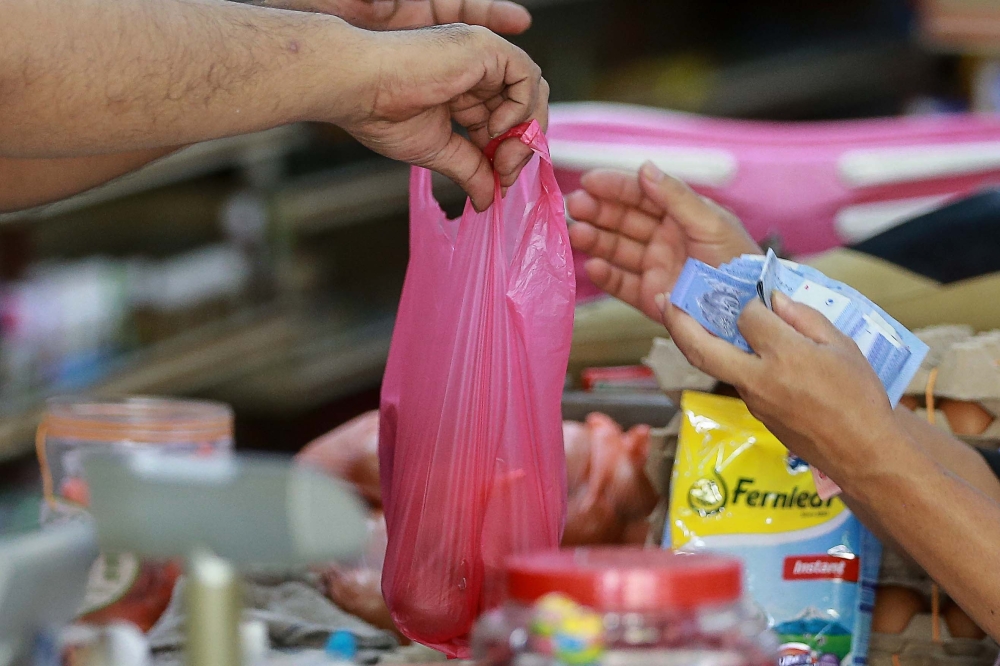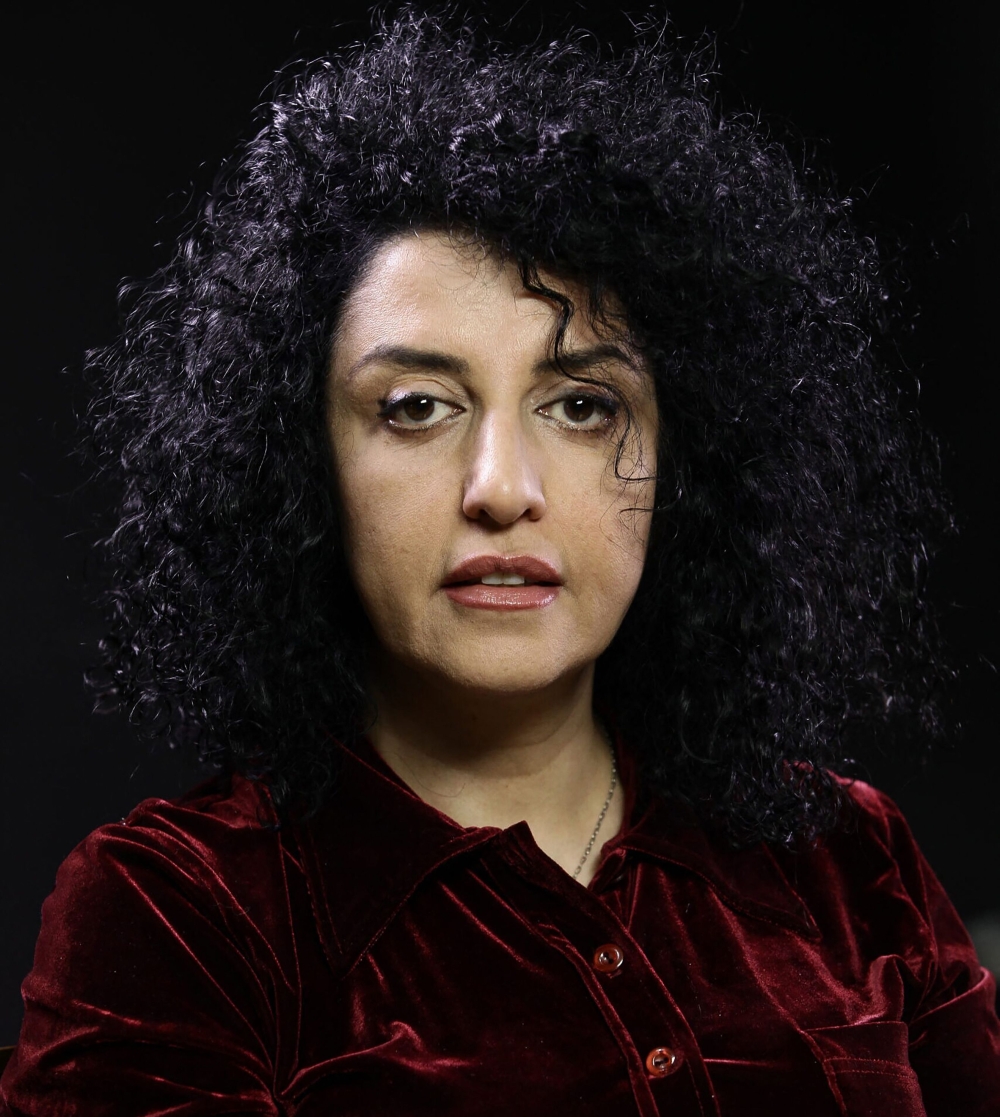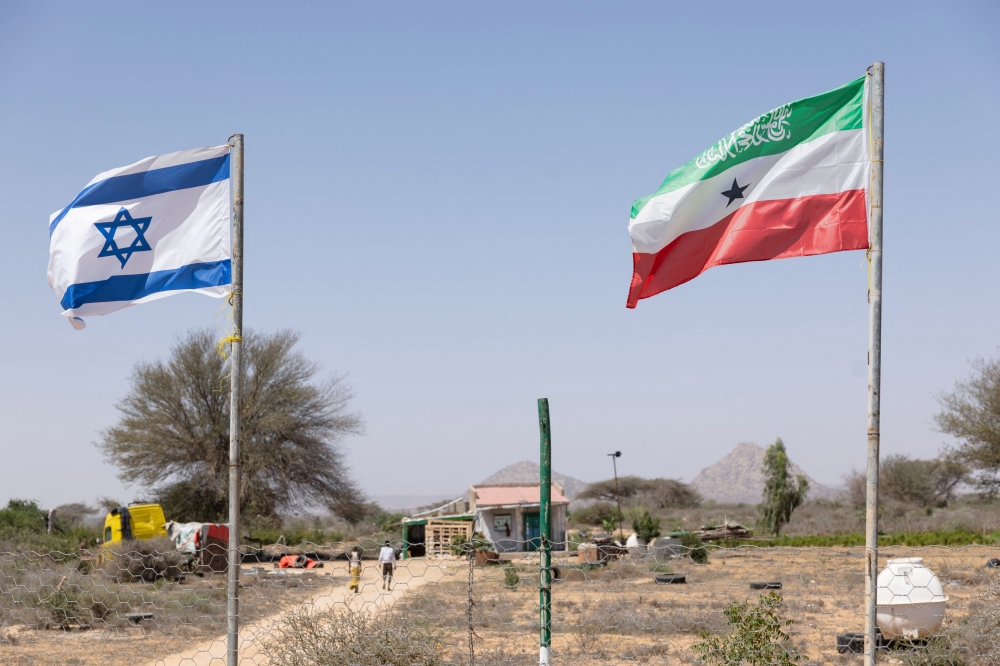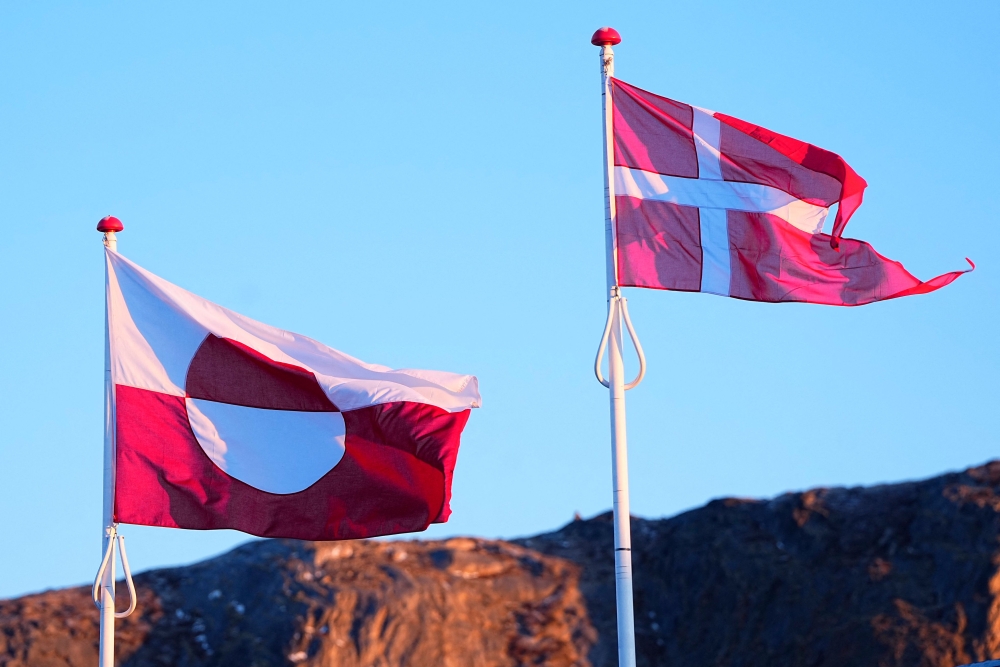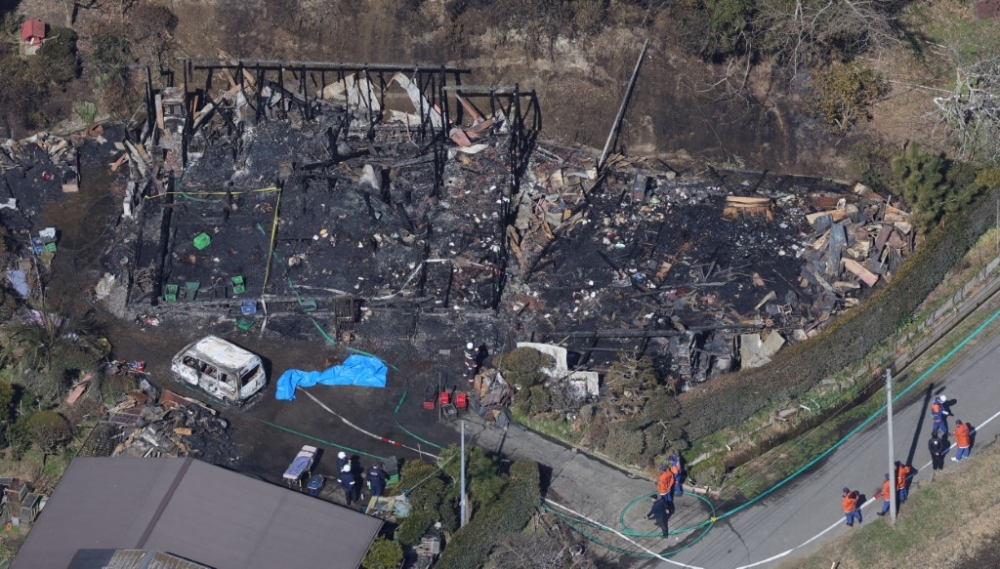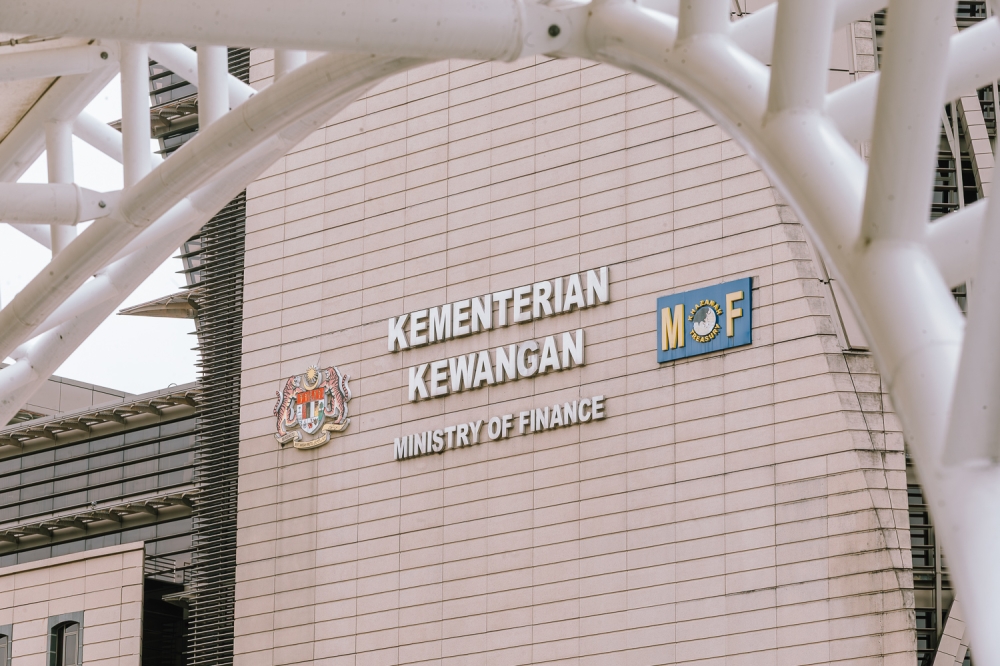PARIS, Sept 17 — Jailed Nobel Peace Prize winner Narges Mohammadi yesterday urged the international community to act to end the “oppression” of women in Iran, two years after the start of a women-led protest movement.
“I call on international institutions and people around the world... to take active action,” she said in a letter written in Tehran’s Evin prison on Saturday, and published by her foundation yesterday.
“I urge the United Nations to end its silence and inaction in the face of the devastating oppression and discrimination by theocratic and authoritarian governments against women by criminalising gender apartheid,” she said.
The “Woman, Life, Freedom” protests were sparked by the death in custody of a 22-year-old Iranian Kurd called Mahsa Amini on September 16, 2022, after she was arrested for allegedly breaching the country’s strict dress code for her gender.
Mohammadi—who has campaigned against the compulsory wearing of the headscarf for women and the death penalty in Iran—has been in Tehran’s Evin prison since November 2021.
She has spent much of the past decade in and out of jail.
On Sunday she was one of 34 women in the Evin prison to stage a 24-hour symbolic hunger strike on the second anniversary of the protest movement “in solidarity with the protesting people of Iran, against the government’s oppressive policies”, her foundation said.
Mohammadi’s children received the Nobel Peace Prize on her behalf in 2023 while she was incarcerated.
Since the Islamic revolution of 1979, women in Iran have to cover their hair and neck in public.
The “Woman, Life, Freedom” demonstrations were crushed by the authorities, with rights group Amnesty International saying security forces used assault rifles and shotguns in the crackdown.
Human rights groups say at least 551 people were killed. Thousands more were arrested, according to the United Nations.
But Mohammadi was defiant.
“Despite the challenging road ahead, we all know that nothing is as it was before,” she wrote.
“The people feel the greatest change in their beliefs, lives, and society. A change that, while it has not yet toppled the Islamic Republic regime, has shaken the foundations of religious tyranny.” — AFP















